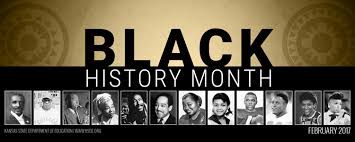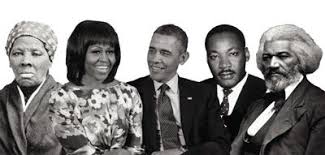
What lies behind you and what lies in front of you, pales in comparison to what lies inside of you. – Ralph Waldo Emerson
For the foreseeable future, we are now living in a new normal. The COVID-19 (Coronavirus) has the world on edge as the virus spreads and death tolls climb. Be it directly or indirectly, everyone has been impacted by it.
Your leadership in this new normal is important. Whether your occupational field is in healthcare, government, retail, financial services, education, religious, corporate, etc. the signals you send as a leader make a difference.
I’m reminded of Churchill’s leadership during World War II. England needed to increase its production of coal. Winston Churchill called together labor leaders to enlist their support. At the end of his presentation, he asked them to picture in their minds a parade that he knew would be held in Piccadilly Circus after the war.
First, he said, would come the sailors who had kept the vital sea lanes open. Then would come the soldiers who had come home from Dunkirk and then gone on to defeat Rommel in Africa. Then would come the pilots who had driven the Luftwaffe from the sky.
Last of all, he said, would come a long line of sweat-stained, soot-streaked men in miner’s caps. Someone would cry from the crowd, ‘And where were you during the critical days of our struggle?’ And from ten thousand throats would come the answer, ‘We were deep in the earth with our faces to the coal.'”
Just as Churchill had to rally the people around a common cause, so too is COVID-19 a challenge all of us face. It’s no respecter of persons. We are all in this together as it were -with our faces to the coal.
What’s needed to lead in the new normal? Here’s a start.
Lead in the new normal with a steady hand
In this new normal, we need leaders with a steady hand. We need leaders with eyes wide open and clear thinking. We need leaders in the new normal who exude confidence and calm.
Leadership Tip: In this new normal you people want steady leadership.
Lead in the new normal with courage
A new normal like ours will require courage to not just lead with a steady hand but speak the truth with authority. It will require courage, boldness, and at times, restraint. Courageous leadership in times of adversity will calm fears and inspire hope. Click To Tweet
Leadership Tip: In this new normal, your people are looking for courageous leadership.
Lead in the new normal with facts
As we see so often in times like this, there’s information overload that’s accessible 24/7. Justifiably so, people want information. As you lead in this new normal, be responsible and communicate with your people factually. When people look to your leadership in these times, be the voice of reason and facts.
Leadership Tip: In this new normal, your people want facts more than hype.
Lead in the new normal with patience
It’s been said that in times of adversity, leaders aren’t made, they are revealed. Your past experiences, both good and bad, have prepared you for moments like this. It’s time for you to step up in your leadership. But in doing so, exercise patience and understanding with those around you. People may be traveling the same road as you, but they may not have all been on it for as long. Let others both learn from and be reassured by your leadership and experience. Click To Tweet
Leadership Tip: In this new normal your people need your patience as you navigate through uncertain times.
Lead in the new normal with compassion
Now more than ever, we need leaders who will step up and model compassion. So many people have been impacted by COVID-19 and many are in a bad place. Leverage your leadership to rally around those in need. This can be our finest hour if we step up with compassionate hearts. Click To Tweet
Leadership Tip: In this new normal, your people need to see compassion in action. We must look out for one another.
Final Thoughts
Even though we are living in a new normal in uncertain times, I believe we will come through it strong. Your leadership in this new normal is essential. When it’s all over, let it be said that you rose to the occasion and led with clarity and confidence. This is your finest hour.
©2020 Doug Dickerson









